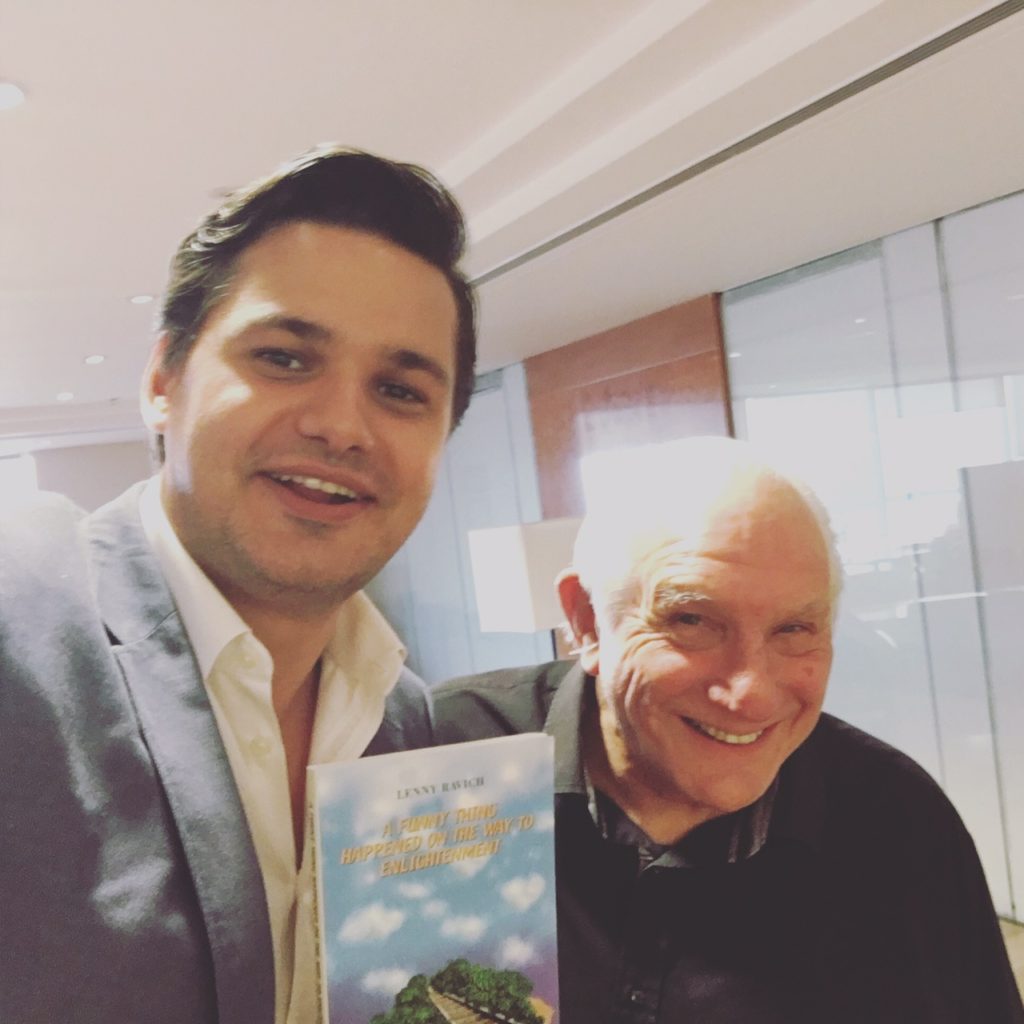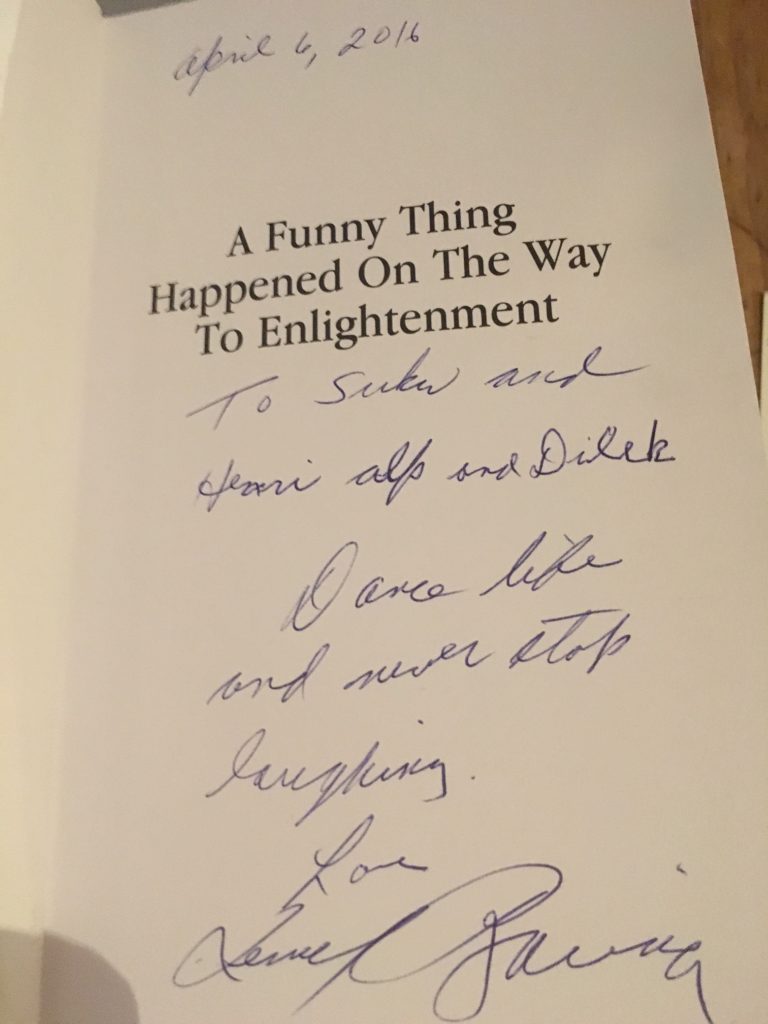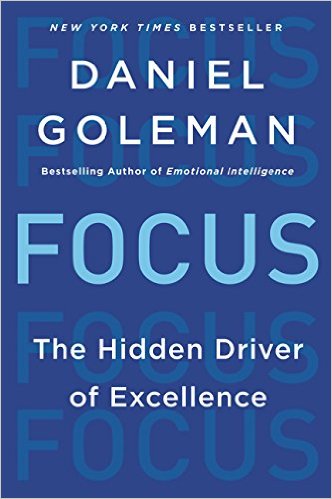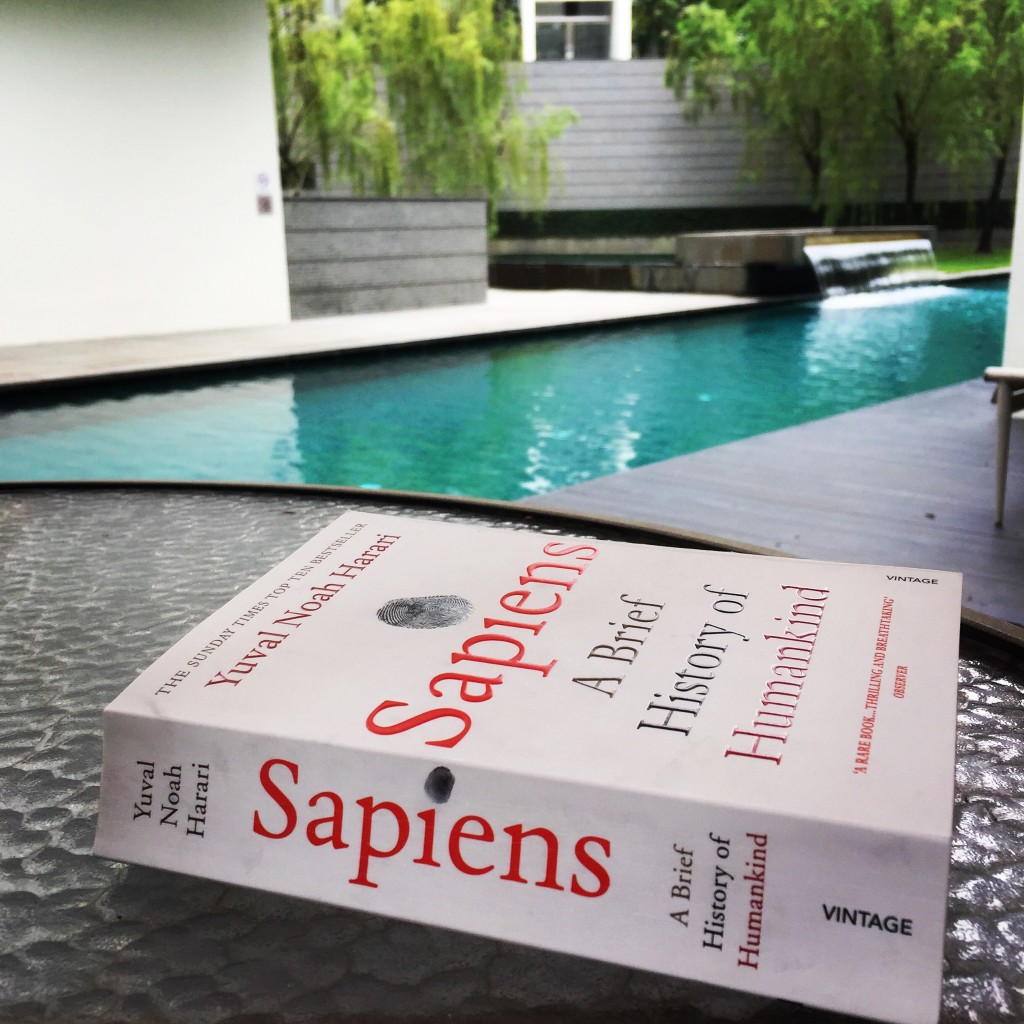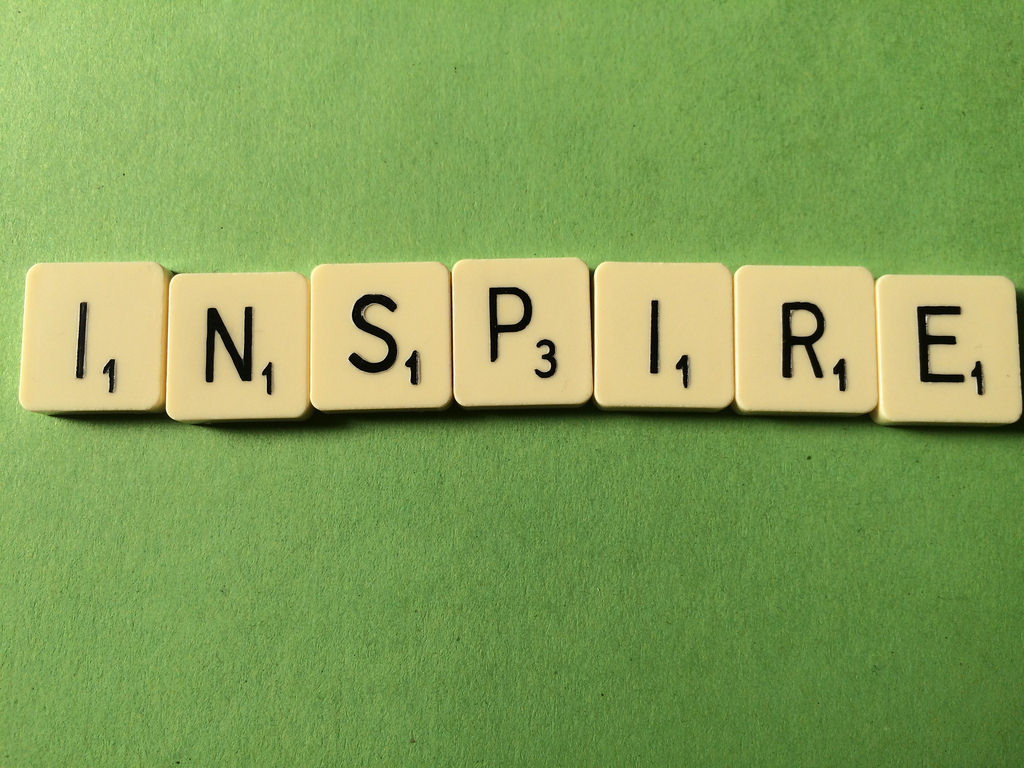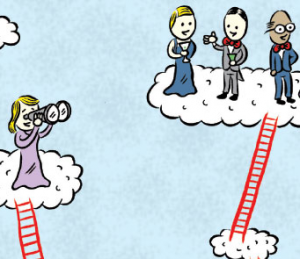Recently, the above letter went viral on the internet. According to this letter, Einstein had applied for a doctorate in physics at Bern University and he was rejected since the university committee found his theory to be more artistic than actually physical. I don’t want to disappoint anybody, but it is very likely that this document is fake. It does not really make much sense for a Swiss German institute to write back to a German in English, and there are many grammar mistakes which do not lend credibility to authorship by someone at the University of Bern.
Even if it is very likely a fake document, it could be genuine. Many people are rejected in many different aspects of life since the people who evaluate them might be inferior to the applicant. And unfortunately, we lose a lot of talent due to this inefficient selection process.
The key here is the persistence of the applicant. It does not matter how good you are, as it is still very likely that you will get rejected at some point on your life journey. On this journey, no matter what happens, you have to keep a growth mindset and continue to develop yourself while trying to reach your target. By the way, rejection is a confirmation that you are trying for something. If you haven’t been rejected so far, then there is a problem with your mindset.
If failure is one of the key components of success, persistence is definitely also another component of the equation. People like to put people into different folders and label them, just like classifying computer files. For instance, someone may have been a clerk in a bank for many years, and so many people think this person cannot be a good software programmer. Actually the person can be!
If the person is willing to, he/she can be a much better software programmer than many programmers.
This rigid classification makes career transitions very difficult and it costs the global economy billions (maybe trillions) of dollars since we cannot get the best out of people. I see more and more people spending thousands of dollars on MBA degrees just to make a shift in their career. Apparently being filled with theories for two years enables you to make that transition more easily. This is just another form of labelling. An MBA makes the transition easier. Persistence is good, but it is not enough by itself. Sustainability is also important.
Once you reach your goal, you must continue to perform over and over again. This is real success! In Turkey, we say ‘Start like a Turk, finish like a German!’ The logic behind the saying is that, like all Mediterranean people, Turks are hot blooded and enthusiastic at the start, but sometimes it can be difficult for them to finish the job they have started, whereas Germans start slowly but surely and finish off a job within the given time frame.
To sum up, I would not trust all the documents circulating on the internet, and I would pursue my ambitions no matter what people think and no matter how difficult they are. Most importantly, once you have reached your goals, it is important to stay there!
P.S: If you are a clerk and want to switch to software programming, it is far more possible now than ever. Try to have a look at edx.org where you can enroll yourself in a lot of Harvard, MIT, and Berkeley courses for free.
All the best from Singapore.
Sukru Haskan
Twitter: @sukru_haskan


